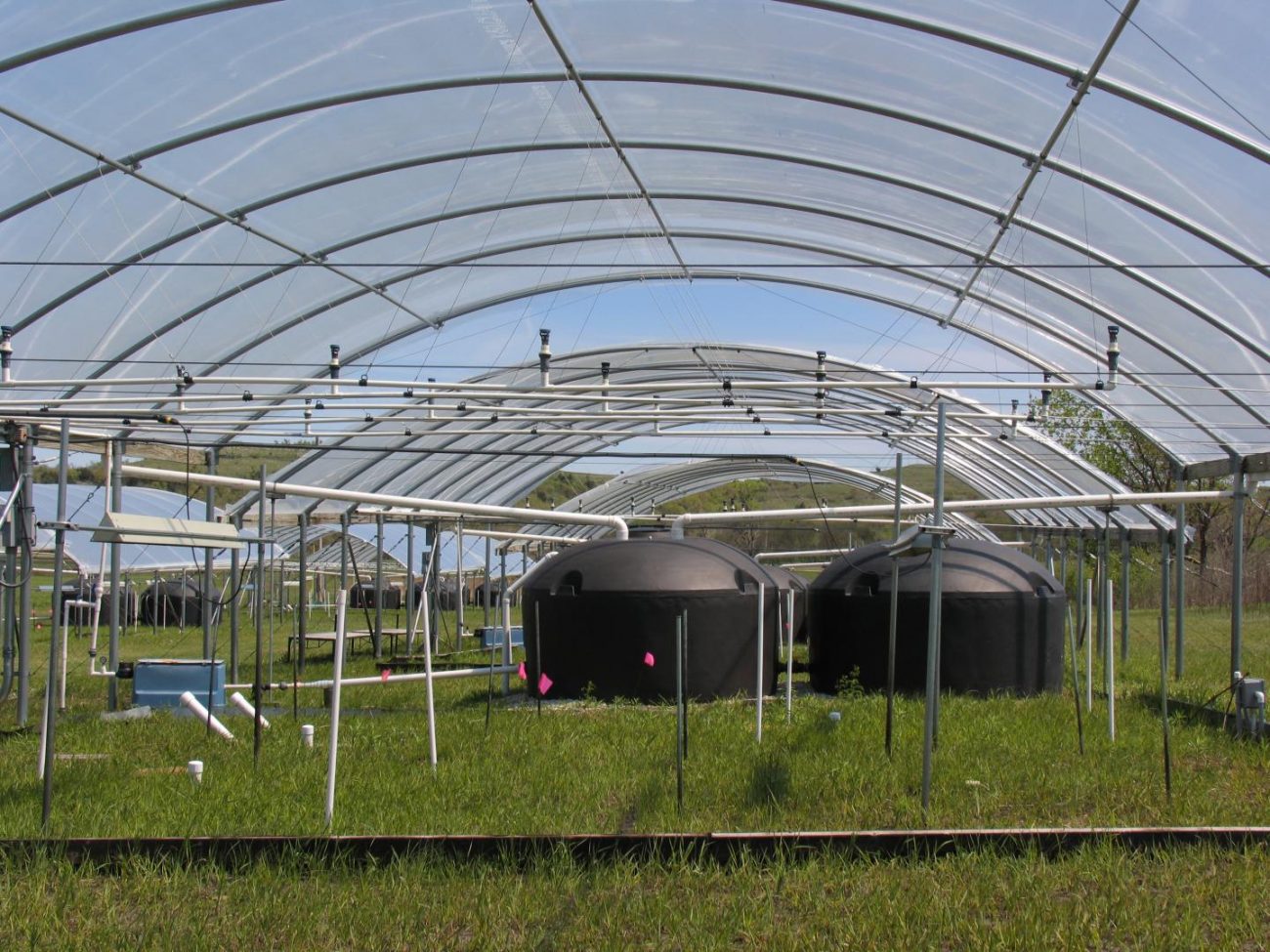MANHATTAN, KANSAS — Soil, an important part of the carbon cycle, might compound the world’s carbon dioxide problem, according to a global study involving Kansas State University researchers and Konza Prairie Biological Station.
The study, “Quantifying global soil carbon losses in response to warming,” recently published in Nature, predicts that soils may release large quantities of carbon dioxide in response to warming, leading to even faster rates of warming globally. The authors, who include Kansas State University’s John Blair, university distinguished professor of biology and director of the NSF-funded Long-Term Ecological Research program at Konza Prairie, used data from 49 sites in different ecosystems around the world.
According to the collaborative study, led by Tom Crowther at Yale University, Arctic soils containing large amounts of soil carbon are the most sensitive to warming and will release the most carbon dioxide into the atmosphere. The study also found the carbon stored in temperate grassland soils, such as Konza Prairie, is much less sensitive to comparable warming.

